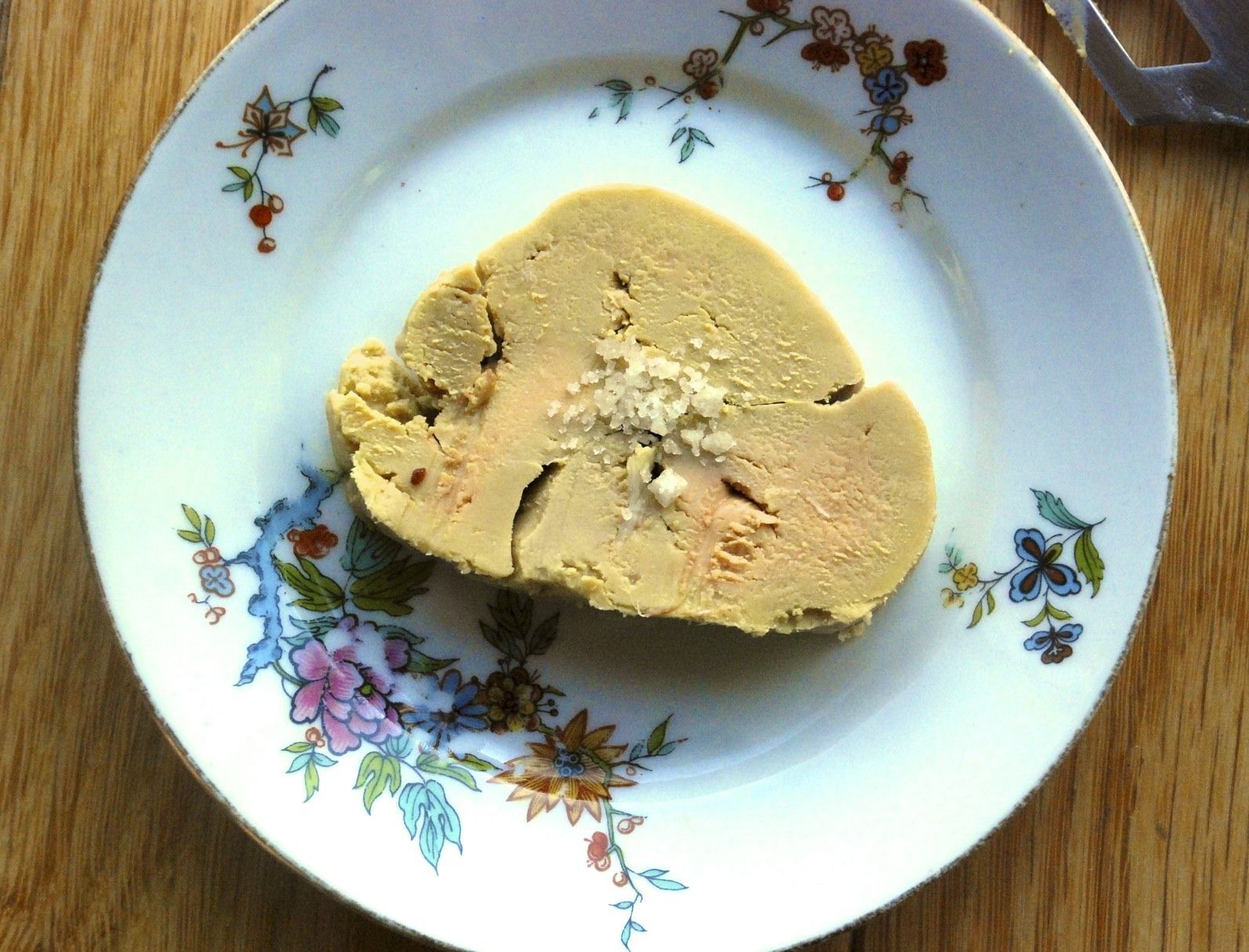Goose Liver (Raw) – Nutritional Information & Health Benefits
Goose liver, known for its rich and luxurious texture, is a highly valued ingredient in many gourmet dishes, particularly in French and European cuisine. Its unique flavor and smooth consistency make it a perfect base for pâtés, spreads, and various delicacies. While it may be considered a specialty item, goose liver offers a host of nutritional benefits that can complement a balanced diet. Below, we provide detailed nutritional information and health insights to guide you in incorporating goose liver into your cooking.
Nutritional Breakdown (per 100g of raw goose liver):
| Nutrient | Amount |
|---|---|
| Energy | 133 kcal |
| Protein | 16.37 g |
| Total Fat | 4.28 g |
| Saturated Fat | 1.59 g |
| Carbohydrates | 6.32 g |
| Fiber | 0 g |
| Sugar | 0 g |
| Calcium | 43 mg |
| Iron | 30.53 mg |
| Magnesium | 24 mg |
| Phosphorus | 261 mg |
| Potassium | 230 mg |
| Sodium | 140 mg |
| Zinc | 3.07 mg |
| Copper | 7.522 mcg |
| Manganese | 0 mg |
| Selenium | 68.1 mcg |
| Vitamin C | 4.5 mg |
| Thiamin (B1) | 0.562 mg |
| Riboflavin (B2) | 0.892 mg |
| Niacin (B3) | 6.5 mg |
| Vitamin B6 | 0.76 mg |
| Folate | 738 mcg |
| Vitamin B12 | 54 mcg |
| Vitamin A | 9309 mcg |
| Vitamin E | 0 mg |
| Vitamin D2 | 0 mcg |
Key Nutritional Highlights
- Rich in Protein: Goose liver is an excellent source of high-quality protein, with 16.37 grams per 100 grams, contributing to muscle maintenance and overall body function.
- Packed with Vitamins: Goose liver is incredibly high in vitamin A (9309 mcg), which supports vision, immune health, and skin health. Additionally, it provides a substantial amount of vitamin B12 (54 mcg), which is crucial for the formation of red blood cells and proper brain function.
- Iron Content: This nutrient-dense ingredient contains a remarkable amount of iron (30.53 mg), which helps combat anemia and supports healthy red blood cell production.
- Rich in Folate: With 738 mcg of folate, goose liver supports cell division and DNA synthesis, making it beneficial during pregnancy and for overall metabolic health.
- Selenium and Zinc: Goose liver contains notable amounts of selenium (68.1 mcg) and zinc (3.07 mg), both of which contribute to antioxidant defense and immune function.
- Low in Carbohydrates: Goose liver contains a modest 6.32 grams of carbohydrates per 100 grams, with no sugar or fiber, making it a good choice for low-carb diets.
Allergen Information
Goose liver is not commonly associated with common allergens such as gluten, dairy, or nuts, but it is important to note that it may be prepared with other ingredients that could trigger allergies. Always check the preparation method and the dish it is incorporated into, especially if combined with dairy or other potential allergens.
Dietary Considerations
- Low-Carb & Keto-Friendly: With minimal carbohydrates and no sugar, goose liver fits well within ketogenic and low-carb diets, making it a great choice for those following these eating patterns.
- High in Fat: Goose liver contains a moderate amount of fat, including saturated fats (1.59 grams). Though this is not a concern for most healthy individuals, those monitoring their fat intake should consume it in moderation.
- Not Vegan or Vegetarian: As a meat product, goose liver is not suitable for vegans or vegetarians. It is, however, a rich source of nutrients that are sometimes lacking in plant-based diets.
Culinary Uses
Goose liver is prized in dishes like foie gras, pâté, and terrine, where its rich, buttery texture can truly shine. It can be sautéed, baked, or served as part of a gourmet appetizer. A traditional French preparation involves searing the liver to enhance its delicate flavor, which can then be served with fruits, such as figs or pears, or complemented by a sweet sauce, like balsamic reduction.
Conclusion
Goose liver, while indulgent, offers a highly nutritious profile, rich in essential vitamins, minerals, and protein. It is especially beneficial for those looking to boost their intake of vitamin A, vitamin B12, and iron. However, due to its high-fat content and indulgent nature, it should be consumed in moderation as part of a balanced diet. Whether incorporated into a luxurious pâté or simply seared and paired with elegant sides, goose liver brings both flavor and nutrition to any dish.
At Love With Recipes, we invite you to explore new ingredients and culinary techniques, embracing the richness and diversity that fine foods like goose liver bring to your table.










